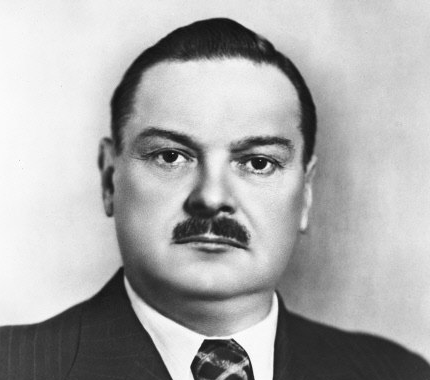Soviet Culture's Lost Neo-Zhdanovite Future

Andrei Zhdanov (1896-1948) In 1979, with the Soviet gerontocracy having entered what is today regarded as its debility and dotage, it was clear that a changing of the guard was inevitable. At that time, however, the new direction that government and culture would take in the 1980s was not at all a predetermined outcome. In 1979, political scientist and recipient of Ford Foundation largesse Dina Spechler published her speculative misgivings about a resurgent “Zhdanovism” in a paper published through the Soviet and East European Research Centre of the Hebrew University of Jerusalem. “On March 10, 1976, […] three Soviet newspapers carried lengthy, highly laudatory articles on former Party Secretary Andrei Zhdanov,” Spechler observes with concern: Zhdanov, it will be recalled, was the chief exponent and probable architect both of Stalin’s foreign policy and of his domestic cultural and ideological policies after World War II. […] These three articles were followed two days later by...